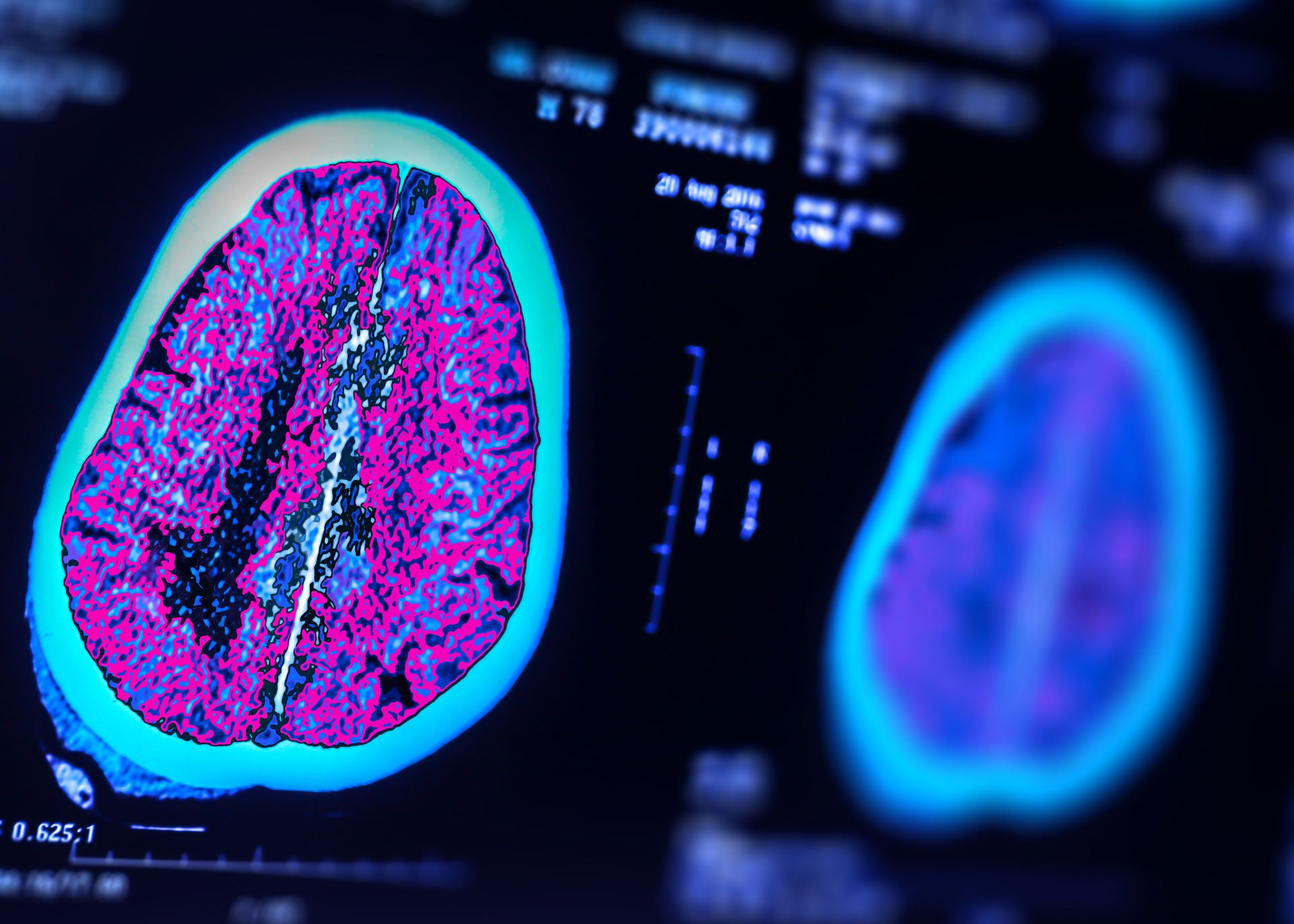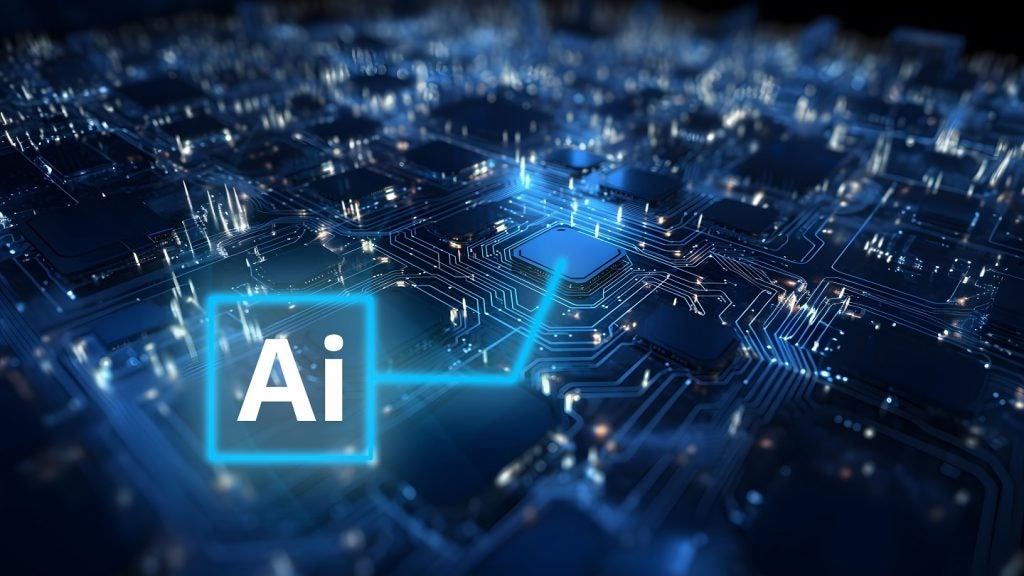
Artificial intelligence (AI)-based algorithms are being developed by researchers to assist with the monitoring and prognosis of patients with severe traumatic brain injury.
Traumatic brain injury is a significant problem around the world, particularly in low and middle income countries, where it is increasing in prevalence. However, given that patients with a severe version of the condition are unconscious, it can be extremely difficult to both treat and provide a reliable prognosis.
The AI algorithms, which have been developed by researchers at Helsinki University Hospital and detailed today in the journal Scientific Reports, use the constant stream of data points being generated from monitoring equipment that is connected to patients suffering from traumatic brain injury.
These data points, which include information on intracranial pressure and cerebral perfusion pressure, come in their thousands each day, meaning it is impossible for human doctors to identify subtle patterns in the data. The algorithms, however, can identify these patterns, and although they are still in development, they can already predict the probability of a patient dying within 30 days with an accuracy of between 80-85%.
“We have developed two separate algorithms. The first algorithm is simpler and is based only upon objective monitor data. The second algorithm is slightly more complex and includes data regarding the level of consciousness, measured by the widely used Glasgow Coma Scale score,” explained study co-author Eetu Pursiainen, data scientist from the Analytics and AI Development Department at Helsinki University Hospital, one of the main coders of the algorithms.
“As expected, the accuracy of the more complex algorithm is slightly better than for the simpler algorithm. Still, the accuracy of both algorithms is surprisingly good, considering that the simpler model is based upon only three main variables and the more complex upon five main variables.”
How well do you really know your competitors?
Access the most comprehensive Company Profiles on the market, powered by GlobalData. Save hours of research. Gain competitive edge.

Thank you!
Your download email will arrive shortly
Not ready to buy yet? Download a free sample
We are confident about the unique quality of our Company Profiles. However, we want you to make the most beneficial decision for your business, so we offer a free sample that you can download by submitting the below form
By GlobalDataAI for traumatic brain injury prognosis breaks new ground
The idea of using AI to provide a reliable yet evolving prognosis for patients with severe conditions such as traumatic brain injury is still very novel, but it has significant potential, according to the researchers.
“A dynamic prognostic model like this has not been presented before,” said study co-author Rahul Raj, Adjunct Professor of Experimental Neurosurgery from Helsinki University Hospital.
“Although this is a proof-of-concept and it will still take some time before we can implement algorithms like this into daily clinical practice, our study reflects how and into what direction modern intensive care is evolving.”
Once the algorithms have reached an advanced stage, the researchers plan to validate them with national and international data sets. However, they do not plan to commercialise the technology, and instead intend to make it freely available to use.
“Finland is one of the world leaders in artificial intelligence solutions in specialised healthcare and Helsinki University Hospital, as one of the largest hospitals in Europe, plays an important role in bringing Finnish excellence into the world,” said Miikka Korja, chair of the Helsinki University Hospital Artificial Intelligence Steering Group and Adjunct Professor of Neurosurgery at the University of Helsinki.
“Because of this, we think that it is important act ethically and share our algorithms openly and free of charge for further development, both nationally and internationally.”
Read more: Health data privacy: AI can be used to de-anonymise health data, experts warn







